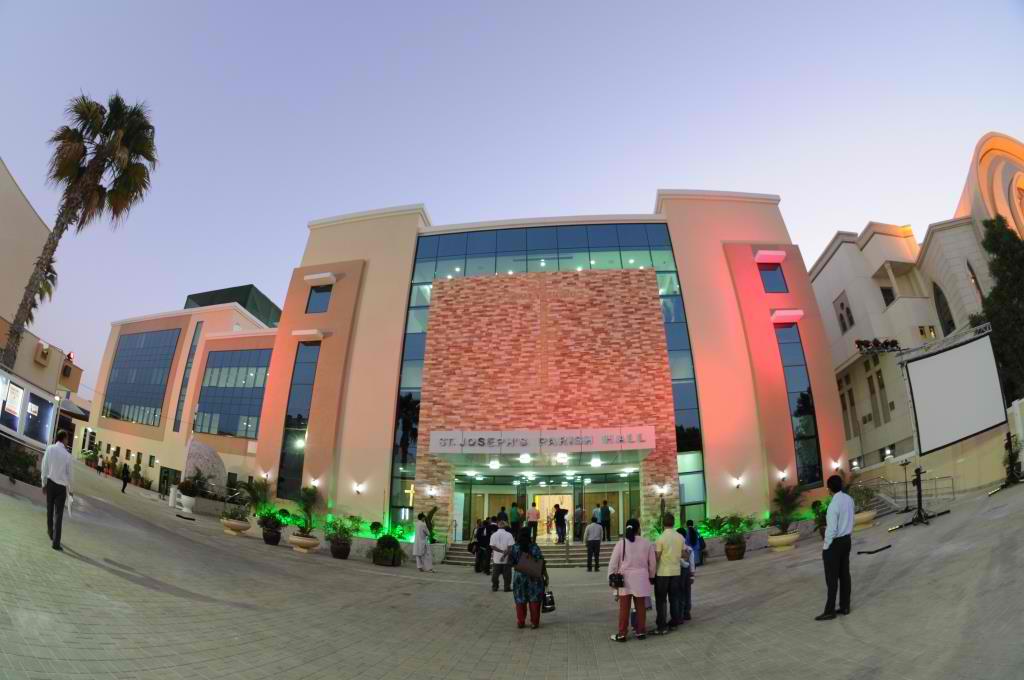The Department of Community Development in Abu Dhabi (DCD) has announced the re-opening of all places of worship for non-Muslims, starting from Monday, while continuing to follow precautionary measures, including operating at a maximum of 30% of worshipers at a time.
The decision to reopen all places of worship comes in conjunction with the steps taken by the concerned government authorities for the gradual return to normal life, while taking all the health and safety precautionary measures to ensure the safety of the worshipers and workers by providing them with the necessary instructions to limit the spread of the virus.
RELATED STORY: Mosques, places of worship in UAE in labour sites, industrial cities to reopen at 30% capacity
Sultan Al Mutawa Al Dhaheri, Executive Director of Community Engagement and Sport sector in Department of Community Development, said: “In response to the places of worship requests and in respect of their religion, it was also decided to allow children to enter the places of worship to practice their religious rituals in a manner that does not conflict with the procedures and laws. Elderly worshipers who do not suffer from any chronic diseases are also allowed to enter according to the procedures that have been set.”
Al Dhaheri added: “A manual has been provided to all places of worship for the gradual return to places of worship, which includes an explanatory guide to the procedures that must be followed towards the worshipers and workers, in terms of conducting an organized entry and exit for the worshipers according to the permitted capacity, and other precautionary measures that guarantee their safety.”
READ ON: Mosques, places of worship in UAE in labour sites, industrial cities to reopen at 30% capacity
He stated that all activities and events hosted by the places of worship will continue to be suspended, with the exception of main prayers, while encouraging the use of alternative plans such as the use of digital platforms, working remotely for periodic meetings, religious lectures and educational activities, reducing prayer time to a maximum of one hour, maintaining a two-meter distance between the worshipers, and considering the size of religious halls to contain the spread of the virus.
The Department expressed appreciation for the cooperation shown by the places of worship during the pandemic, stressing that this commitment to the precautionary measures taken by the government, testifies to the sense of responsibility towards the safety of the community and the nation at large.




